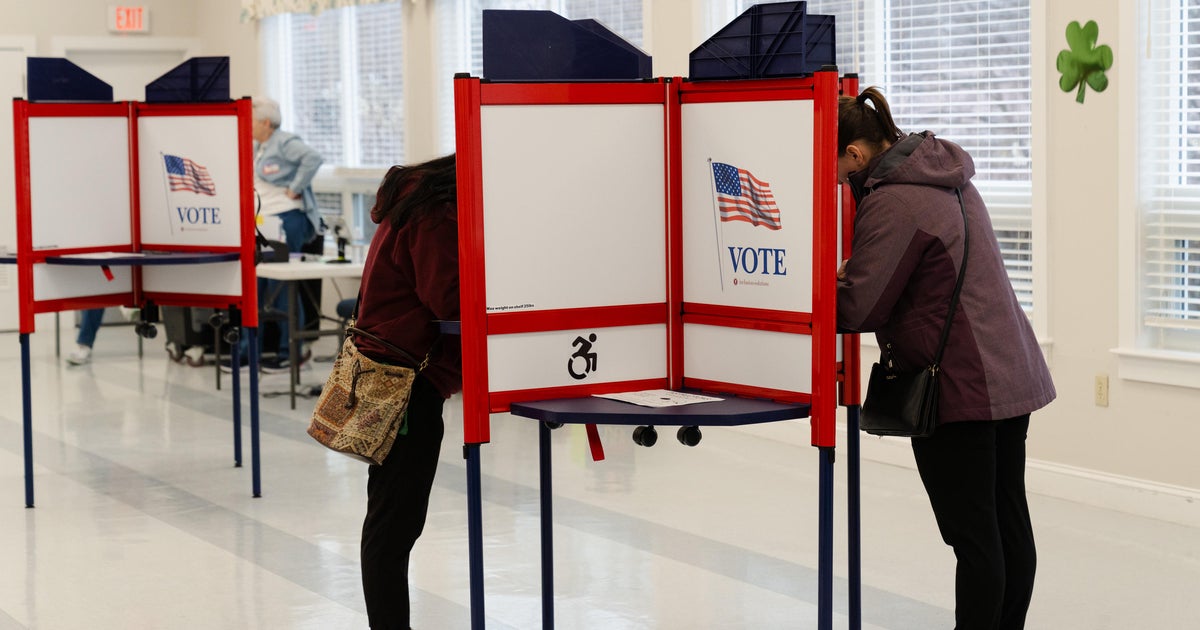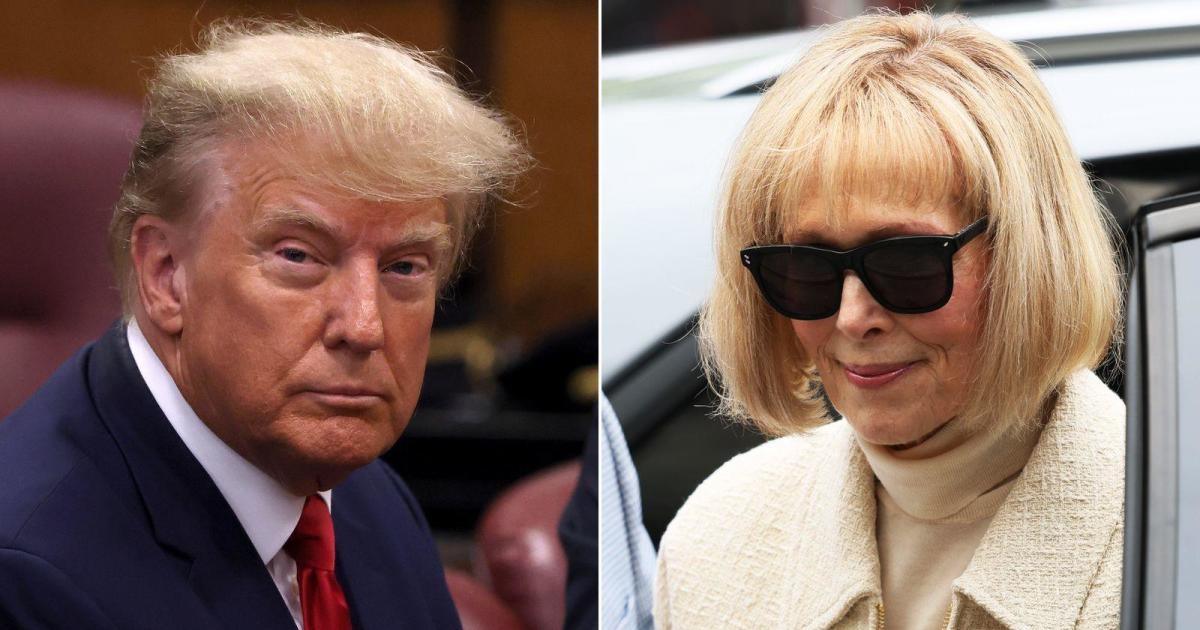What tariffs has the U.S. tried in the recent past, and how did they work out?
So long as the United States of America has existed, it's had tariffs. They were championed by Alexander Hamilton, the first secretary of the treasury, and the Tariff Act of 1789 was the first major piece of legislation ever passed by Congress. In fact, up until the early 20th century, tariffs account for an extremely large percentage of federal revenues.
But although they were once popular with both politicians and the public, the vast majority of economists agree that, generally speaking, free trade is more beneficial for countries. This became the prevailing view in the U.S. following World War II, which had destroyed the manufacturing abilities of much of the rest of the world.
A belief in free trade is something that unites the Republican and Democratic parties. Or at least it did, until President Trump won the GOP nomination on a platform calling for high tariffs to protect American industries. Mr. Trump now appears set to start implementing those tariffs, which have raised concerns that the U.S. could soon find itself embroiled in a trade war not only with China, but also with allies like Germany and Canada. Mr. Trump has even welcomed the idea of a trade war.
Still, while economists tend to dislike tariffs, the U.S. has kept a few on the books. Here are a couple of recent tariff efforts from our recent past:
Obama tire tariffs, 2009
In 2009, President Obama imposed a 35 percent tariff on tires imported from China, in an effort to boost the domestic tire industry, which was being overrun by less expensive Chinese tires.
The United Steelworkers Union (USW), which represents tire plant workers, had complained to the U.S. International Trade Commission (ITC) about a surge in Chinese tire imports that it said caused over 4,000 American tire workers to lose their jobs. From 2004 to 2008, USW said Chinese tire imports had increased by 215 percent. So much so that by 2008, 46 million tires in the U.S. were coming from China, compared to 15 million in 2004. Domestic tire production dropped by 25 percent.
Did it work? At his 2012 State of the Union address, Obama declared that "over a thousand Americans are working today because we stopped a surge in Chinese tires." A 2012 Peterson Institute study by Gary Hufbauer and Sean Lowry suggested that the most generous assessment might say that the tariffs "saved a maximum of 1,200 jobs," but that savings came at a high cost.
Hufbauer and Lowry estimated that the price increase on non-Chinese tire imports added up to $817 million, and U.S. tiremakers' price increase as a result of the tariffs was $295 million. All told, they calculated that each of those 1,200 saved jobs ended up costing $900,000 each. The tariffs did reduce the number of tires Americans bought from China -- but it meant that the U.S. bought more tires from other countries that weren't China -- like Canada, South Korea, Japan, Mexico, and Taiwan, among others.
The Peterson study also estimates that the extra costs had other effects on the U.S. economy. The additional money consumers were spending on tires meant that they weren't spending on other retail items -- and taking over a billion dollars out of the retail sector equated to about 3,700 jobs lost in the retail sector. So overall, with 1,200 tire manufacturing jobs saved and 3,700 retail jobs lost, that's a net loss of around 2,500 jobs.
Some analysts think Hufbauer and Lowry were too quick to give Obama's tariffs the credit for those 1,200 jobs, too, noting that the jobs materialized during a period when the U.S. economy was beginning to recover after the 2008 financial crisis.
Bush steel tariffs, 2002
In March 2002, former President George W. Bush imposed tariffs up to 30 percent on most steel imports from Europe, Asia and South America. At the time, Bush announced the "temporary safeguards to help give America's steel industry and its workers the chance to adapt to the large influx of foreign steel."
Some in the Bush administration feared the move would not only increase the price of steel — which it did — but also strain relations with European allies as they waged war on terrorism.
The tariffs didn't go over well for the American economy as a whole. The Consuming Industries Action Coalition Foundation claimed in a February 2003 report that more Americans lost their jobs in 2002 due to higher steel prices than there were Americans employed in the steel industry that year. A September 2003 U.S. International Trade Commission report found the effect of the safeguard measures translated to a welfare loss of $41.6 million to the United States, and returns on capital fell by almost $300 million.
Bush exempted a few countries from the tariffs -- Canada, Mexico, Israel, Jordan, among others.
The European Union threatened to impose retaliatory sanctions on the U.S. and filed a complaint with the WTO, which in November 2003 ruled that the U.S. tariffs violated international trade agreements, and soon after, Bush ultimately reversed them after just 21 months, in December 2003. The move eased relations with Europe, but frustrated steel industry workers.
Still, a former Bush chief of staff, Josh Bolten, suggested that the tariffs were more harmful than helpful. "All of the economic studies that came after that show that we lost more jobs in the downstream industries than we saved in steel," he told "Fox News Sunday's" Chris Wallace.
Another former Bush chief of staff, Andrew H. "Andy" Card Jr. told the Washington Post recently that imposing the tariffs in 2002 was likely a mistake.
"I don't think it was smart policy to do it, to be honest," he told the Post.



